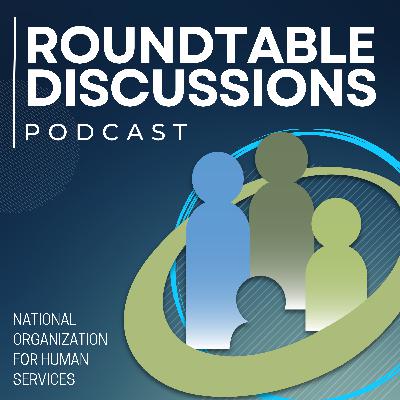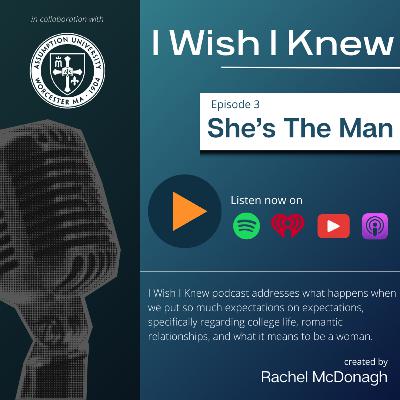TURF TALK | Episode 3: Managing & Merging Identities | Roderick Boyd
Description
In this third installment of Turf Talk, Roderick Boyd reflects on a season unlike any other—one defined by a serious labrum injury that benched him for his senior year and forced him to rediscover who he was off the field. From the locker room to the media center, Roderick shares how he leaned on teammates like Gavin and Quinn Seager to stay connected, then channeled his energy into his true passion: communications and media. You’ll follow Roderick’s journey into TV-production classes, behind-the-scenes work at Assumption’s Media Center, and a bold leap into daily vlogging that skyrocketed his TikTok views. He explains how he balanced early-morning workouts and film study with editing graphics, live-streaming D2 combines, and even shooting battle-rap events for his family’s businesses. As he prepared to return to the gridiron, Roderick confronted the challenge of merging two identities—student-athlete and content creator—and learned to embrace vulnerability in front of the camera and on the sideline. This episode is packed with hard-earned insights on staying motivated through identity shifts, finding new ways to contribute when you can’t play, and the mindset it takes to step back into competition after a year away. If you’re navigating your own crossroads—whether injury, career change, or creative pursuits—you’ll walk away inspired to merge your passions without losing yourself.
📧 Email us at info@nationalhumanservices.org for details on how to get involved with The Student Podcast Collaborative.
In collaboration with Assumption University. This content is used for educational purposes.
About the Project: For our second Student Podcast Collaborative series, Communication & Media majors will produce an all-new, three-episode, 90-minute podcast capstone. These students move from theory to practice—pitching ideas, writing scripts, recording and editing episodes, and finally publishing their original shows. Each series tackles both personal and societal topics, allowing hosts to flex their storytelling, research, and production muscles. By working in a long-form audio format—one of the fastest-growing areas in media—students gain first-hand experience with the creative possibilities and practical challenges of communication technology.








